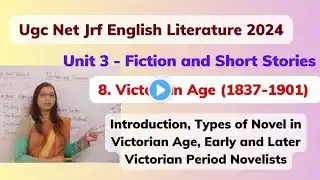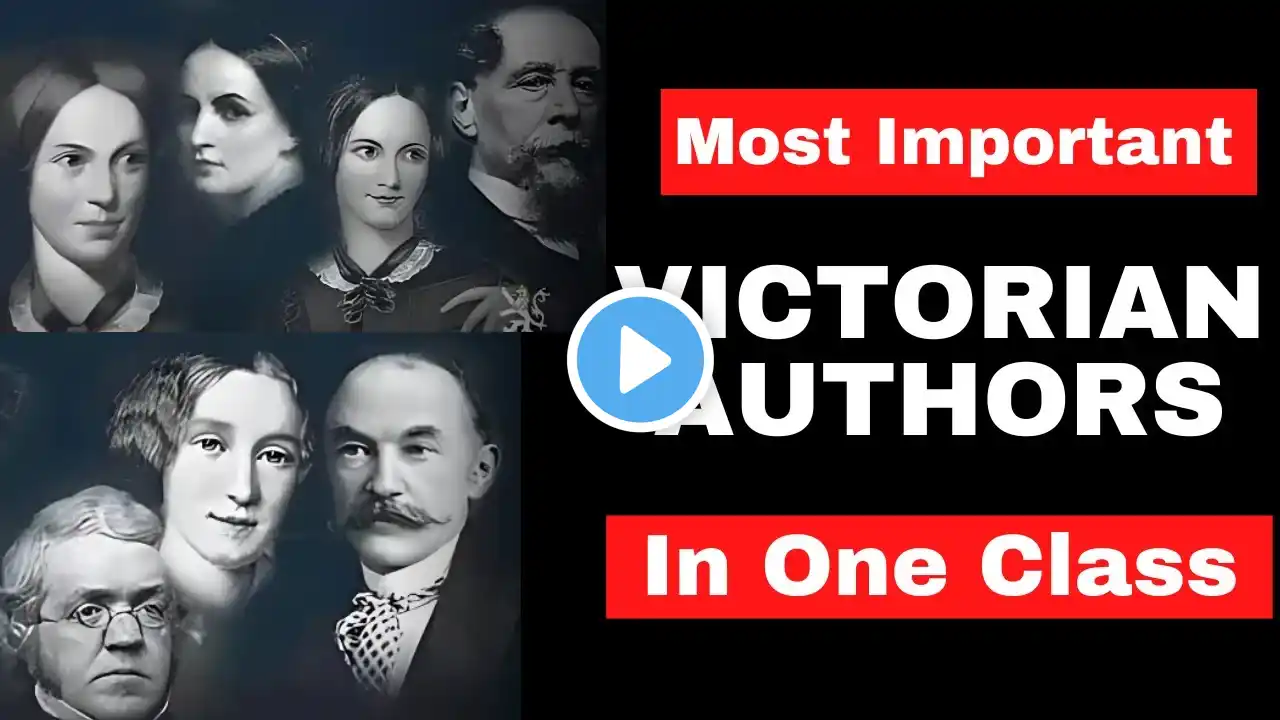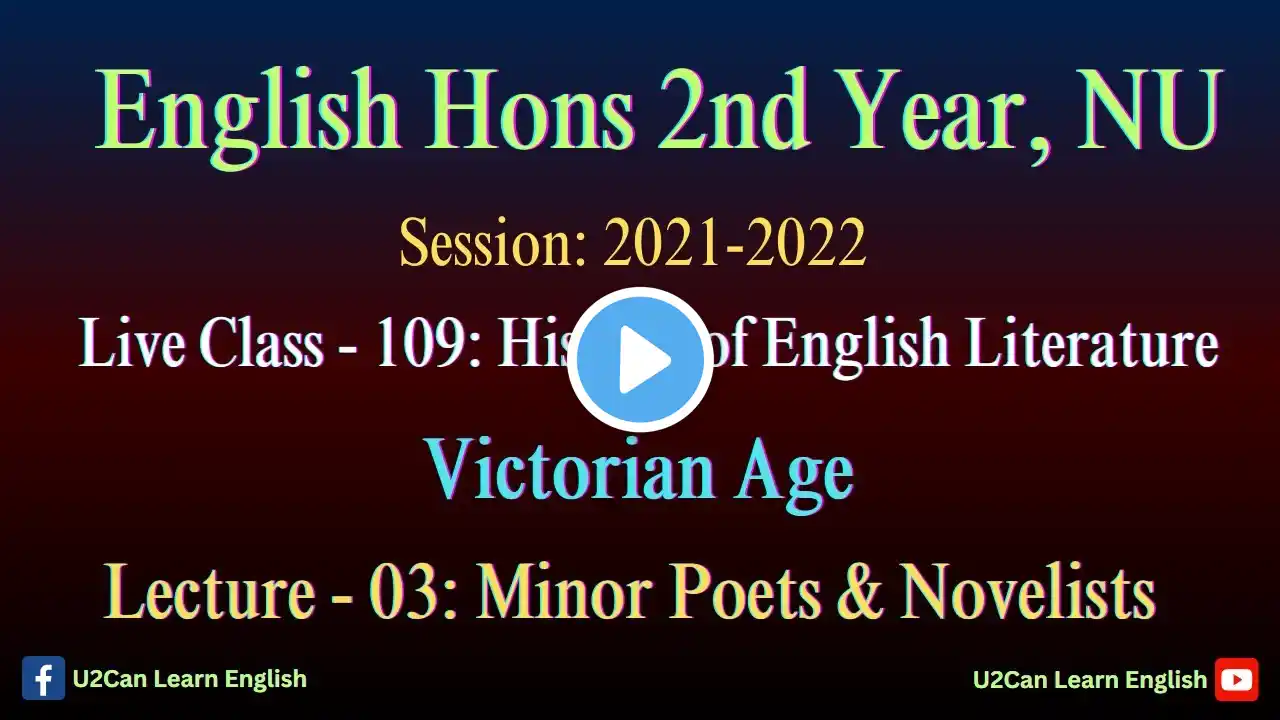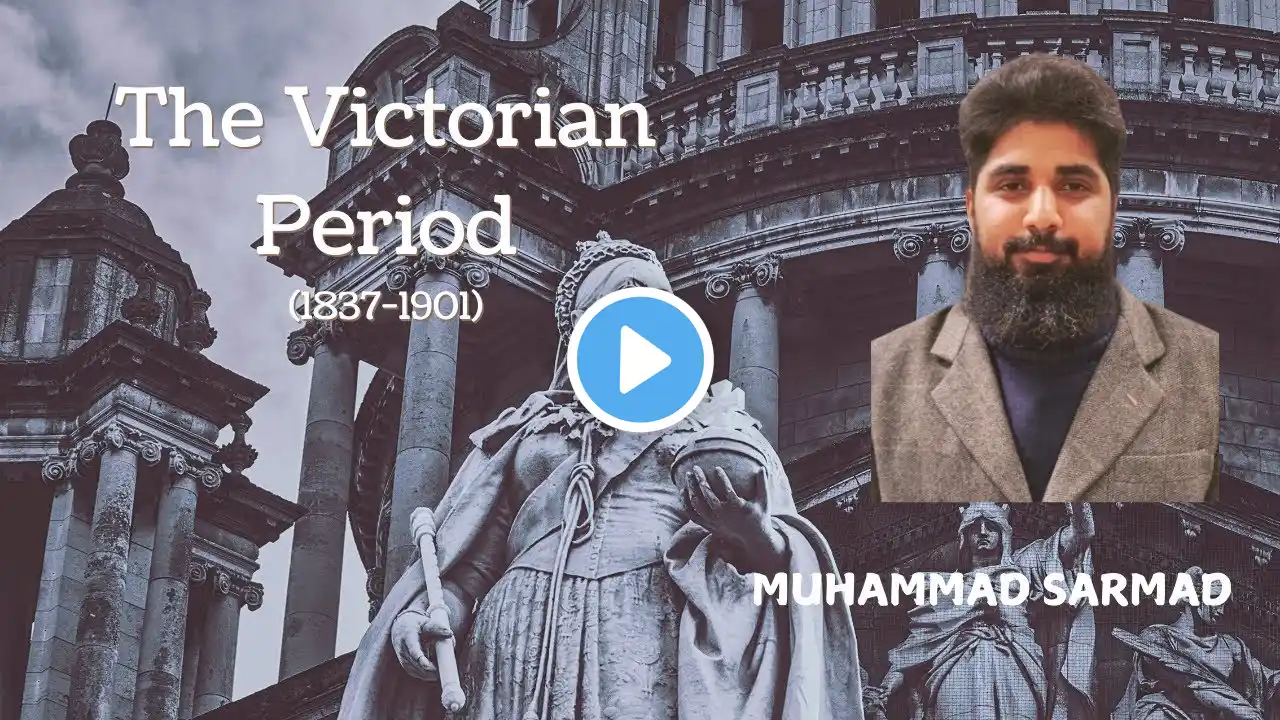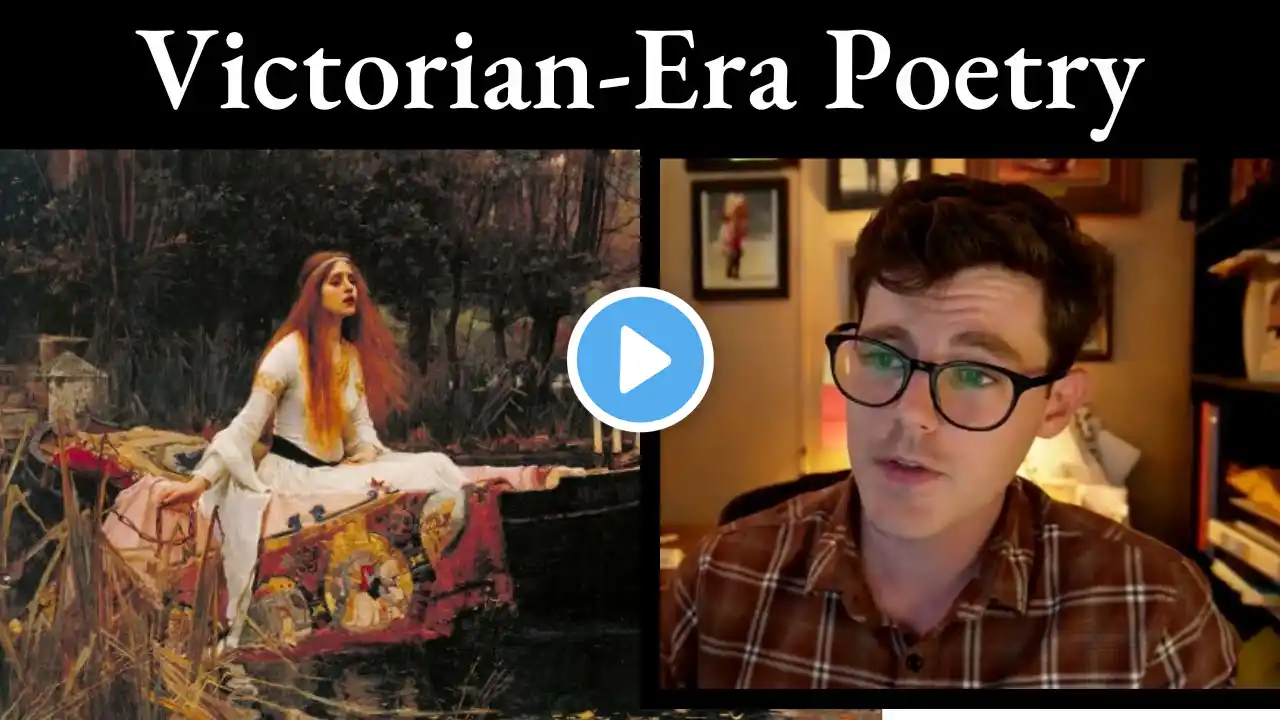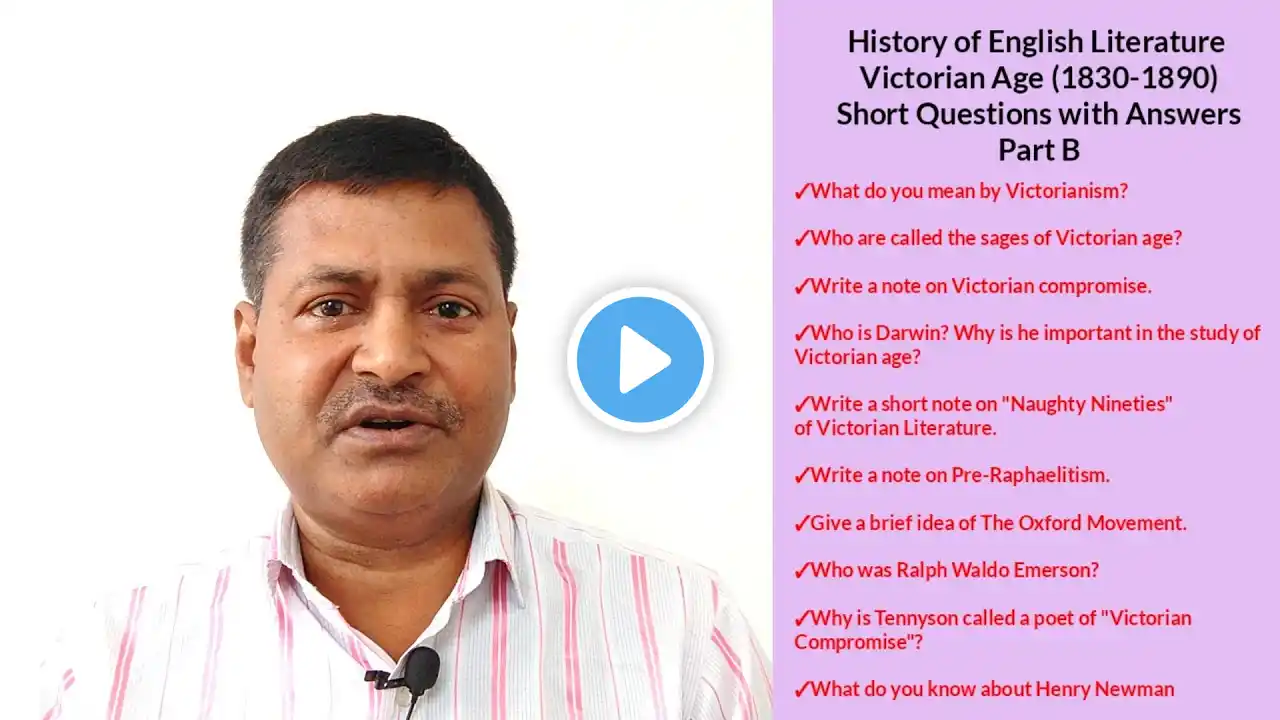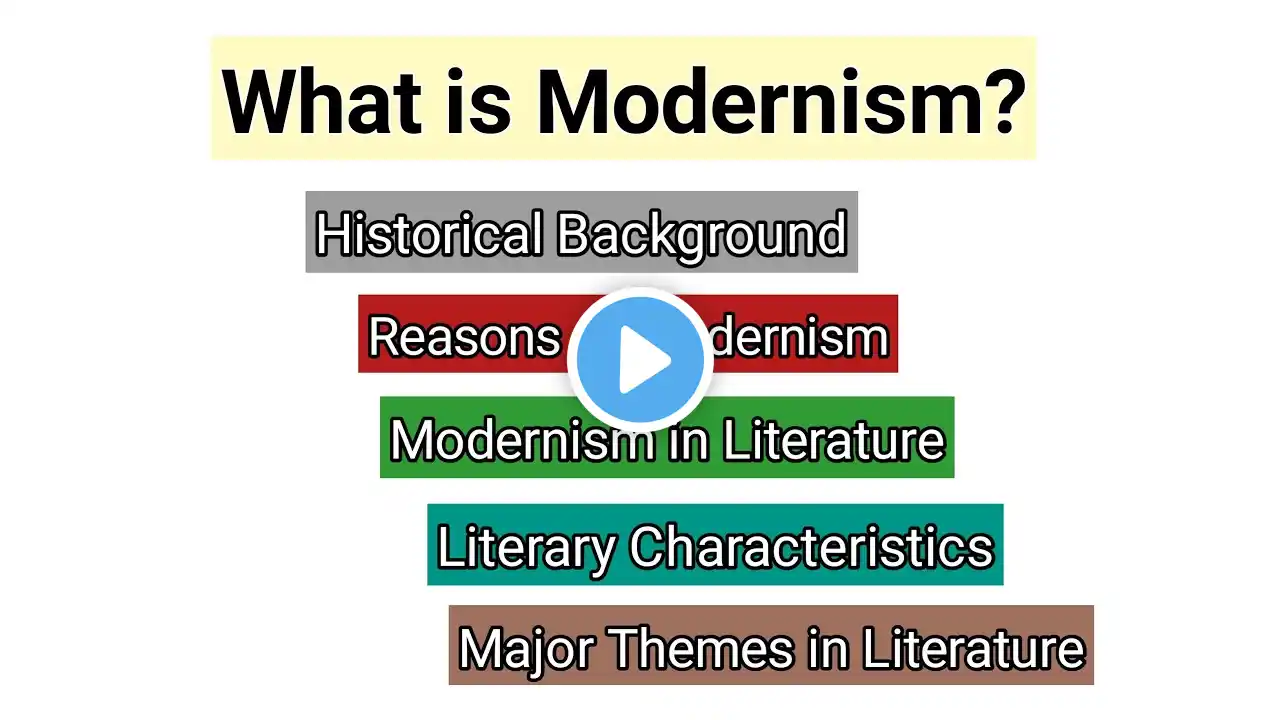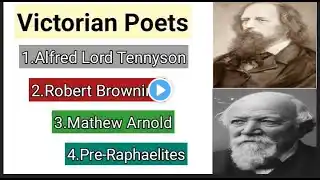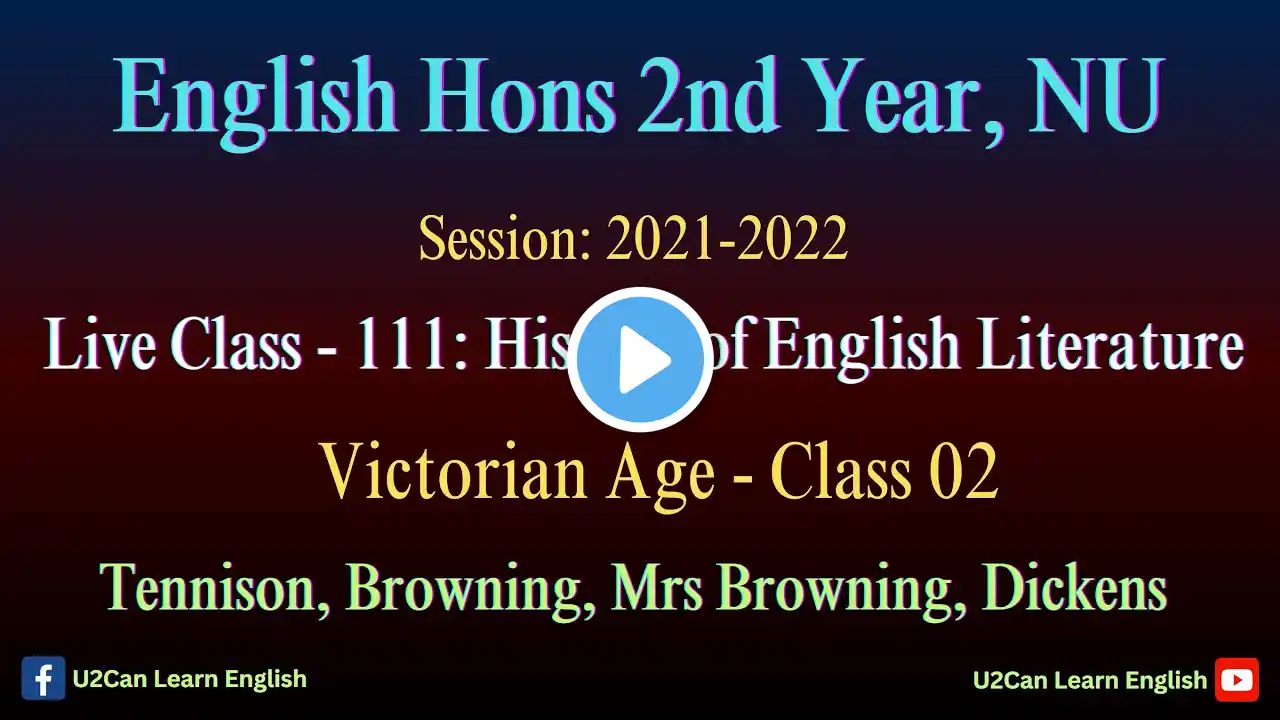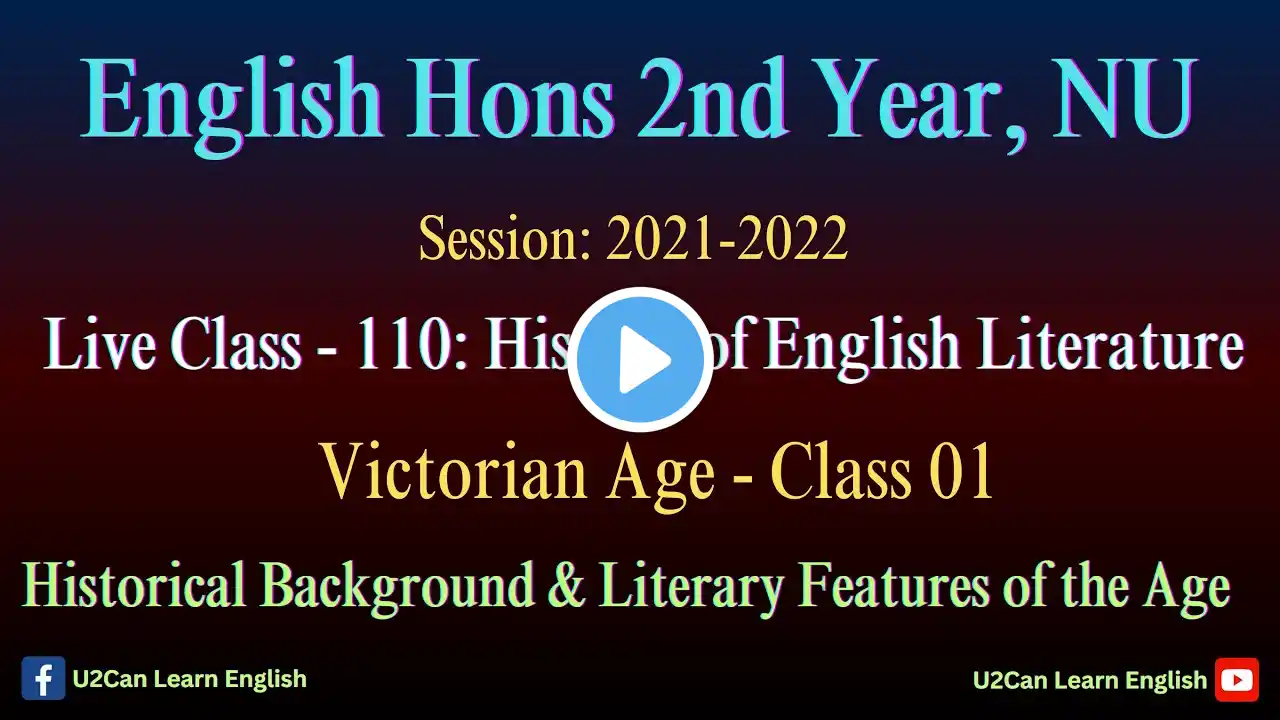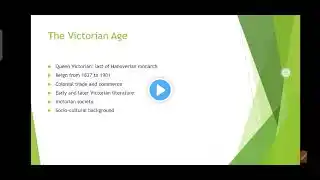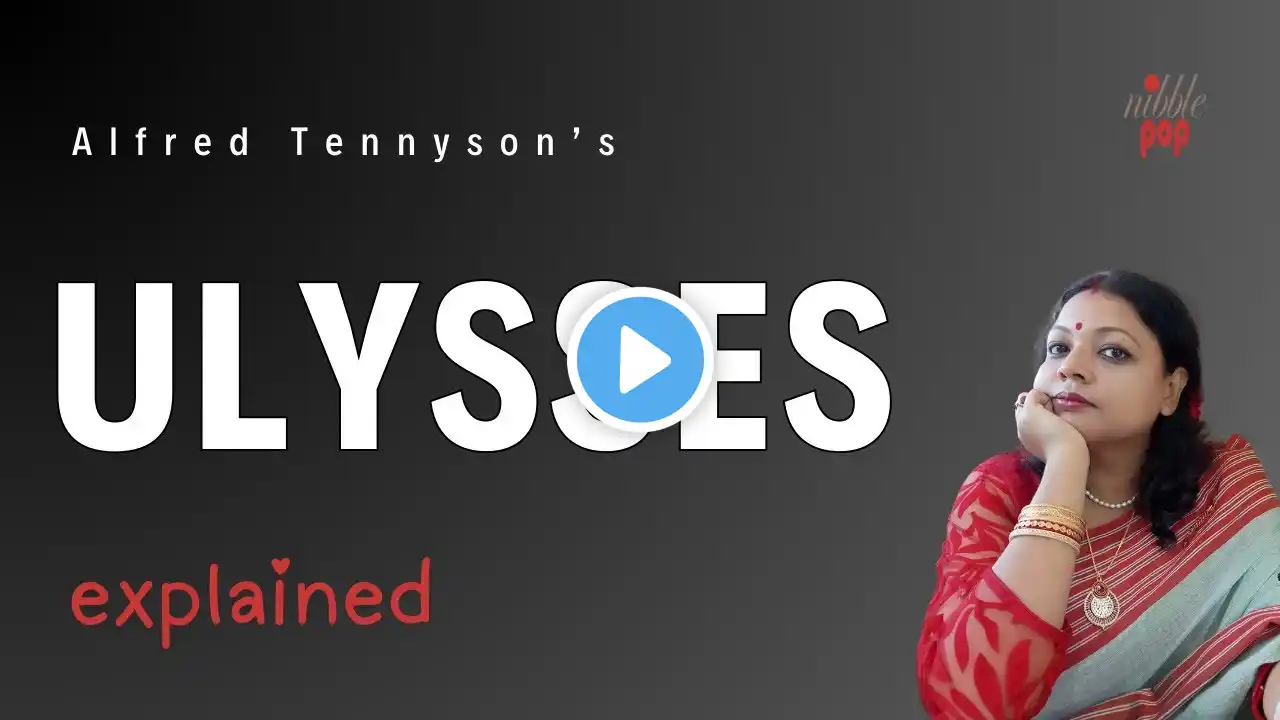
Victorian Age: A Short English Lecture
The Victorian Age in English literature is like a grand, sprawling novel—rich in detail, deeply introspective, and full of dramatic contrasts. It was an era of progress and paradox, where industrialization and empire-building coexisted with poverty and social unrest. The reign of Queen Victoria (1837–1901) witnessed some of the most profound changes in British society, and literature became a powerful medium to capture these shifts. Imagine walking through the streets of London in the 19th century. On one side, you see the grandeur of the British Empire, the rise of railways, and the booming industry. On the other, you find the grim realities of the working class—child labor, poor sanitation, and economic inequality. Writers of this period became the voice of their time, exposing both the light and darkness of society. At the heart of Victorian literature were novelists like Charles Dickens, whose works such as Oliver Twist and David Copperfield painted vivid pictures of orphans, villains, and benevolent figures navigating the challenges of an unforgiving world. His contemporary, William Makepeace Thackeray, offered a satirical look at ambition and vanity in Vanity Fair, while the Brontë sisters—Charlotte, Emily, and Anne—wove passionate and haunting tales like Jane Eyre and Wuthering Heights. But Victorian literature was not confined to novels alone. The poetic voice of the era found expression in Alfred Lord Tennyson, whose verses in In Memoriam mourned loss and questioned faith, while Robert Browning and Elizabeth Barrett Browning explored love and psychology in their poetry. Meanwhile, Matthew Arnold stood as a reflective voice, lamenting the decline of faith in a rapidly changing world. As science and reason began to challenge long-held beliefs, thinkers like Thomas Carlyle and John Stuart Mill grappled with ideas of leadership and liberty, shaping intellectual discourse. The publication of Charles Darwin’s On the Origin of Species (1859) shook the foundations of religious thought, influencing literature and philosophy alike. Yet, for all its weighty themes, the Victorian Age was also a period of hope and resilience. Despite the struggles of the working class and the rigid expectations of society, literature often sought to inspire, critique, and even reform the world it portrayed. It was an age where words had the power to spark change, and where storytelling became a mirror reflecting both the beauty and the flaws of a nation in transition. Even today, the Victorian Age continues to captivate readers, offering a glimpse into an era that was as complex as the novels and poems it produced.


